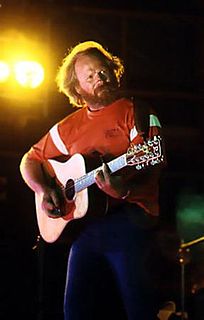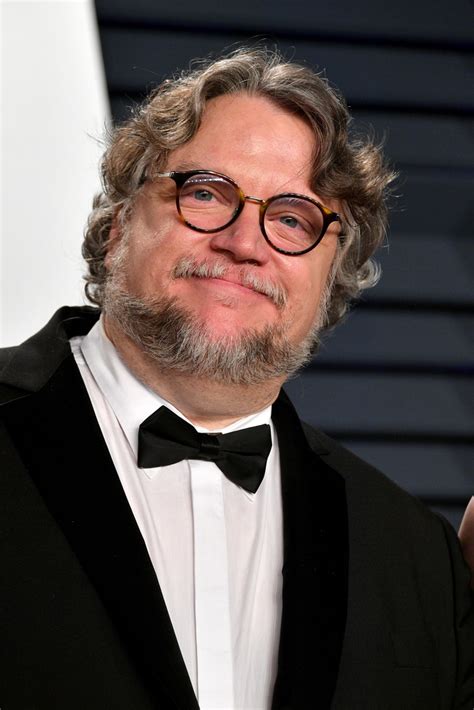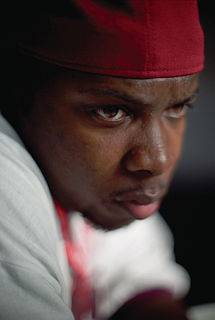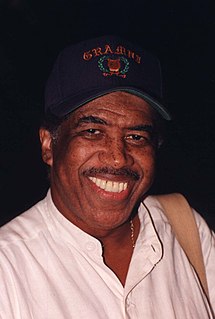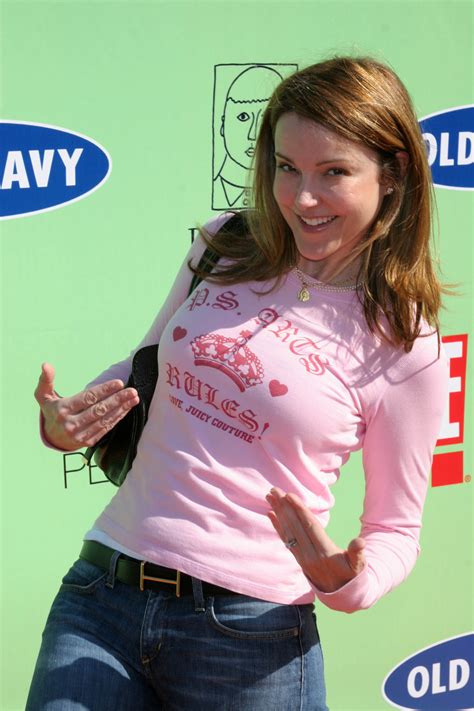A Quote by Neil Sedaka
Between 1963 and 1975, I worked very little. The Beatles had come to New York and changed music - all the solo singers were out of work.
Related Quotes
I've always created solo work. When I first came to New York I was working in a few different areas; I was working as a drummer, a vocalist, an actor, and a dancer. I had gotten picked up more on the music side and that sort of went, and that's where I found my community in New York and that's the path that I went down.
I went back to Jamaica after living in New York and started to work on experimental stuff and basically I grew as a filmmaker. I went to film school; I was a PA on a lot of projects and I worked so hard, you know, you're young and I learned from different mentors. And luck put me in the position to work with amazing people. One of my mentors by the name of Little X, who took me under his wing after I came out of film school and moved to New York. I worked in videos for Jay-Z, Pharrell to Busta Rhymes and Wyclef. I quickly realized how much I wanted to make films instead of music videos.
The 'New York Honk,' as it was called, was the most fashionable accent an American male could have at that time, namely, the spring of 1963. One achieved it by forcing all words out through the nostrils rather than the mouth. It was at once virile... and utterly affected. Nelson Rockefeller had a New York Honk.
In New York, I was excited about the music in New York because the only music that I was more or less involved with in the South was either country and western or hillbilly music as we used to call it when I was a kid and, ah, gospel. There was no, there was no in between. And when I got to New York all the other musics that's in the world just came into my head whether it was the classics, jazz, I never knew what jazz was about all, had heard anything about jazz.
I do feel like L.A. has a very supportive and collaborative energy. I felt that in New York too but also there's so much space here! You can have a home studio. In New York you had to rent a room to do a session or to practice. As a solo artist, it was a lot more expensive. Here there is that comfort in lifestyle a little bit more, being able to breathe a little bit more, and creatively flow, not having to stress about how to get our gear there in a cab and pay by the hour, it's just a different vibe.
By the time my first solo record came out, I was making a handsome living as a record producer. I had worked with the Band, Janis Joplin and all of these other artists in the Albert Grossman organization. So as my so-called solo career evolved, I never felt pressure that I had to come back and top when I might've done before.
Eventually, the more I listened and became obsessed with singers, I feel like the more I realized that I had my own little thing that I could do. So this is why I just became obsessed with looking for new singers, unknown singers, people that maybe have been forgotten, and really checking them out and analyzing what they do.

